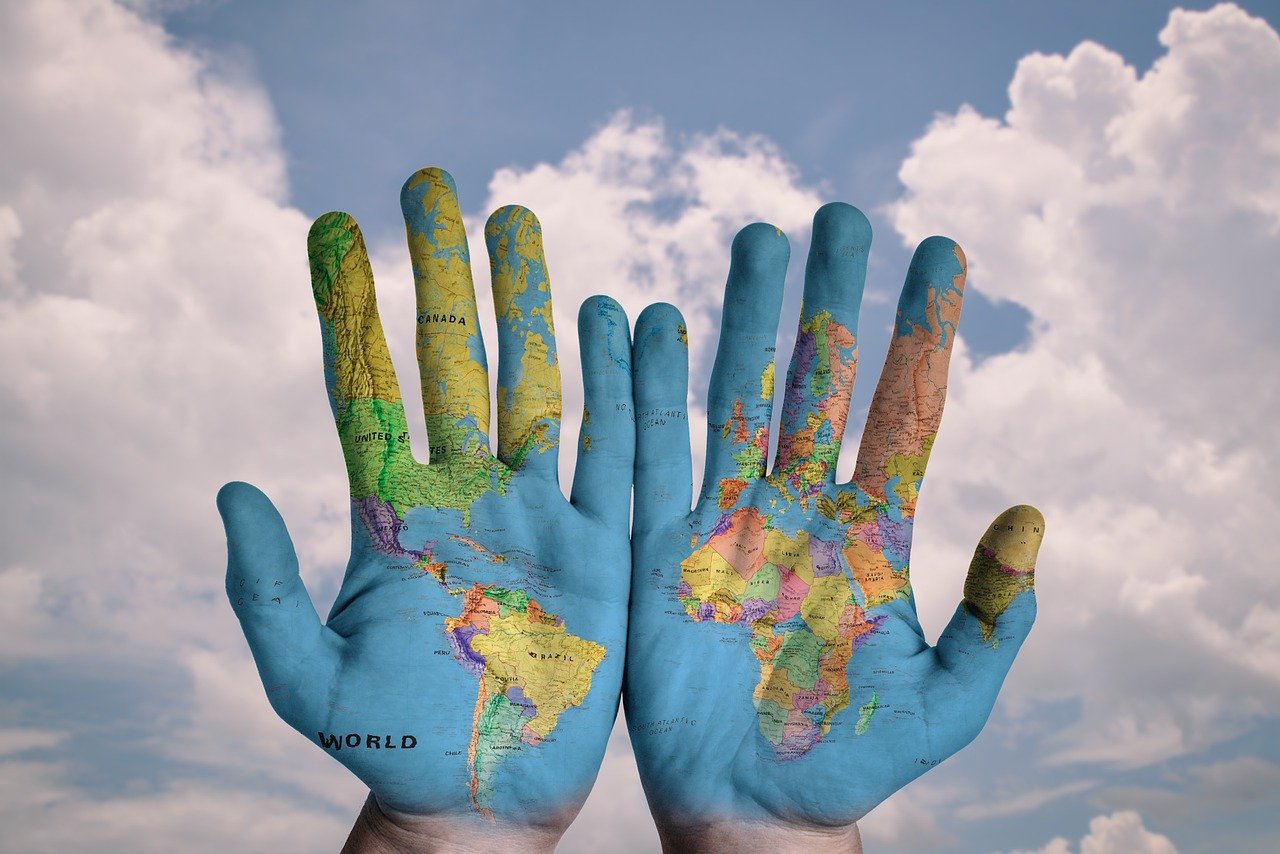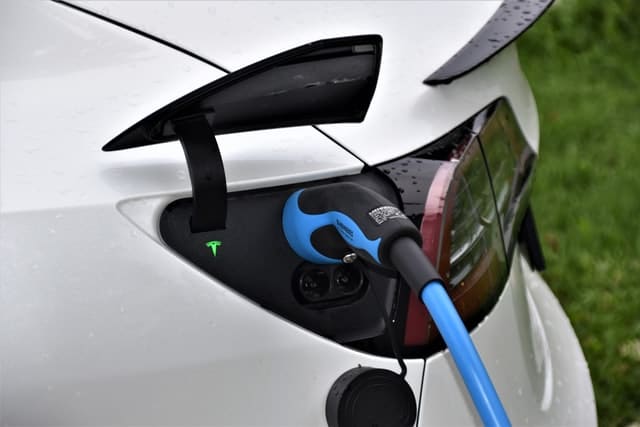
The Good Earth: How Rollbacks on Environmental Regulations Will Impact the World

As devastating as the COVID-19 pandemic has been, there is, at least, something good to have come from it. When the world went into lockdown, for just a little while, our Earth got a bit of a reprieve from the abuses we humans heap upon it.
In China, carbon emissions fell by more than 25% and the number of “good air” days rose by more than 11% over the same period last year. In India, the decrease in air pollution allowed some residents to glimpse the peaks of the Himalayas for the first time. Meanwhile, in Venice, fish were seen luxuriating in the canals’ now pristine waters.
Never again can we turn a blind eye to the profound impact humans are having on the environment. We have seen the effects, and their reversal, practically in real-time.
The Rollback on Environmental Regulations
The timing of these powerful images couldn’t be more important, especially considering how governments around the world are actively scaling back on environmental regulations. From the United States’ withdrawal from the Paris Accord in 2019 to its recent cuts to more than 100 environmental standards, our government is setting a global precedent that could have disastrous consequences for our Earthly home, and we who depend on her.
Climate Change
Recent rollbacks on elements of the Clean Air Act include the deregulation of methane, a greenhouse gas emitted by fossil fuel-driven power plants. Because it is a greenhouse gas, methane is a significant contributor to global warming, second only to carbon dioxide in its impact on climate change.
Air Pollution
It’s not just the longer-term impacts on climate change which may result from these rollbacks. Rather, the consequences are likely to be much more immediate and direct. For instance, the Trump Administration’s deregulation of mercury emissions poses a significant threat to human health. In the age of coronavirus, this may well exacerbate what is already a profound public health emergency. There is increasing evidence, for example, that regions with significant air pollution are also more likely to experience high COVID-19 death rates.
In fact, people were losing their lives long before there was COVID-19. An MIT study found more people die from car pollution than from car accidents.
Water Pollution
The recent federal rollbacks on environmental protections aren’t just impacting the quality of the air we breathe — it’s also threatening the water supply. Recent revisions to the Clean Water Act, for example, are scaling back federal oversight over so-called “ephemeral waters,” those which dry up, for example, at certain times of the year.
The problem, though, is that many of those now de-regulated “ephemeral waters” feed into the major water systems millions of Americans rely on for clean drinking water. And if you think water-borne illness is just a concern of the so-called developing world, think again.
Water contamination can happen when and where you least expect it. Just ask the children of Flint. It can even happen in your very own home, the next time you flush your expired medications or even run the garbage disposal. And with less government oversight of our national water supply, the risk is growing greater.
De-Incentivizing Renewable Energy
It’s not just that the rollback on federal regulations threatens the safety of our air and water. These changes are also de-incentivizing the push for renewable and clean energies. Now, more than ever, cities across the globe are harnessing the power of technology to become the world’s foremost “clean cities.”
At the same time, though, American citizens and entrepreneurs are losing, or seeing a reduction in, many of the federal tax incentives that once inspired and enabled them to integrate clean energy technologies in their own homes and businesses. And that means in this most vital of human endeavors, the United States may fail to play its rightful leadership role.
The Takeaway
While the rollbacks came swiftly, responses to them have also come swiftly. For example, in response to the weakening of the Endangered Species Act, the Attorneys General of 17 states sued the Trump administration regarding the changes. Just a week after the changes to the act were announced, a group of conservationists sued the administration with a similar purpose. Essentially, taking the highest authorities in the country to task is not outside the realm of possibility.
You, too, can take individual action. Here are some means of acting against the rollbacks, such as:
- Signing and/or creating petitions — https://www.faithinplaceaction.org/petitions, https://www.change.org/
- Visiting sites such as https://www.volunteermatch.org/ to find environmental and social justice organizations where you can volunteer.
- Researching your state and local legislators and create phone and social media campaigns to leave messages about various bills and acts — https://www.ncsl.org/ (check social media accounts for contact information)
- Participating in peaceful demonstrations such as Black Lives Matter, The Brooklyn Pipeline Protests and more.



Post a comment